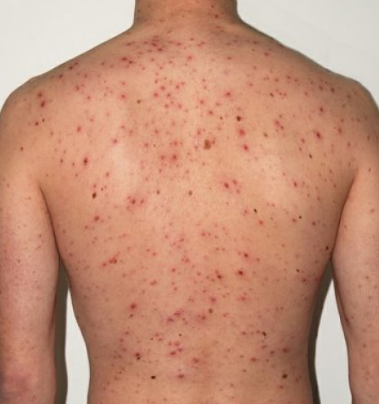A study has found a huge increase in chemical pollution in a Sussex harbour. Researchers from Brunel University, the University of Portsmouth, and Imperial College London analysed the waters of Chichester Harbour and Langston Harbour in Hampshire. They found 105 different pharmaceuticals, pesticides, and illegal drugs, including an insecticide commonly used as a pet flea treatment.
The environmental scientists discovered that some of the chemicals increased by more than 100-fold after rainy days, which led to combined sewer overflows (CSOs) into the harbours. The team expressed concern about the impact on the local wildlife in the 21 sites of special scientific interest (SSSIs) in the area. Dr Thomas Miller, from Brunel University, said: "CSO discharges were an obvious source of chemical pollution in these waters.

"Our study found that some chemicals increased by over 100-fold in water after these discharges, making them a high risk to aquatic wildlife." The study, conducted with the help of the Clean Harbours Partnership and published in the journal Environment International, examined 339 water samples. These revealed 67 pharmaceuticals, 29 pesticides, and nine recreational drugs.
The researchers found that seaweed absorbed more chemicals than shellfish, and the insecticide imidacloprid, used as a pet flea treatment, posed the highest risk based on levels found in surface water. Dr Leon Barron, from Imperial College London, said: "Out of so many chemicals detected, the presence of pet tick and flea treatments in the harbours was especially concerning. "We urgently need to reassess the practice of blanket preventative treatment of our dogs and cats to help bring the risk down.
" The team also found the presence of 1,3-diphenylguanidine, a chemical used in rubber production, which they believe could indicate pollution from tyre-wear particles and road run-off after rainfall events. Lead author Jasmin Uhlhorn, a PhD student from Brunel University, said: "The research underscores the complexity of chemical mixtures present in transitional and coastal water systems, highlighting the need for more comprehensive monitoring to investigate their sources, including the impacts of CSO discharges. "While studies on chemical pollution in these environments are limited, the findings suggest that the true risks of chemical mixtures may be underestimated, particularly for marine species.
" Professor Alex Ford, from the University of Portsmouth’s Institute of Marine Sciences, said: "The impact of these contaminants we are yet to fully understand, but it’s clear from our data that they increase substantially under storm events which discharge untreated sewage." CHP co-founder Rob Bailey said: "It is concerning to see such a large cocktail of chemicals being detected and hear their effects are largely unknown. "As a community-based organisation, we will continue to push for better monitoring of these protected marine habitats used by our members.
".
Health

Study reveals 100-fold increase in chemical pollution in harbours

A study found a 100-fold increase in chemical pollutants in Chichester and Langstone harbours after sewage overflows.













